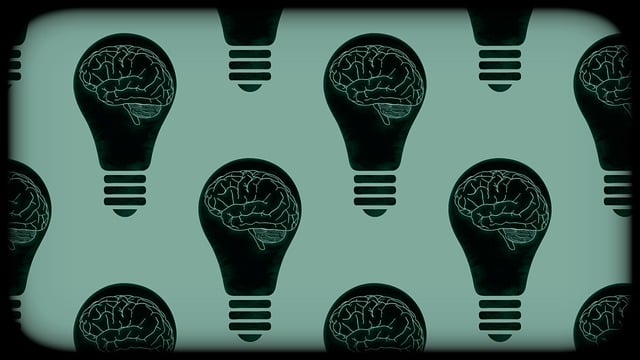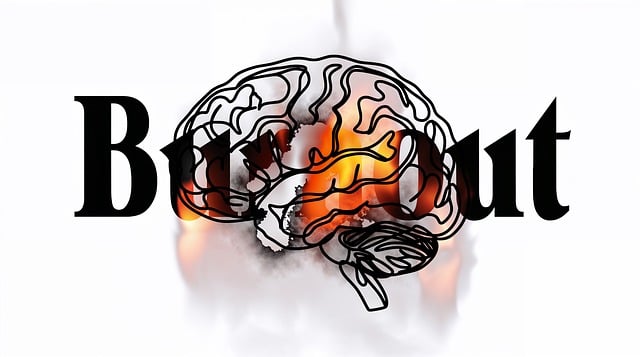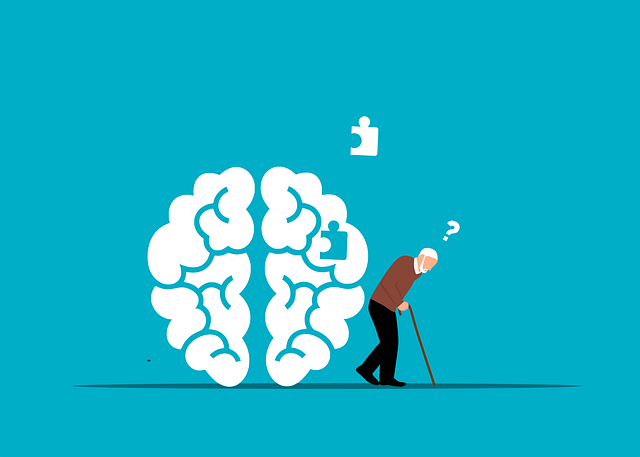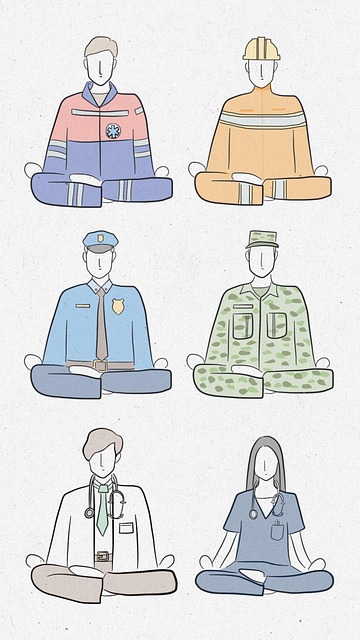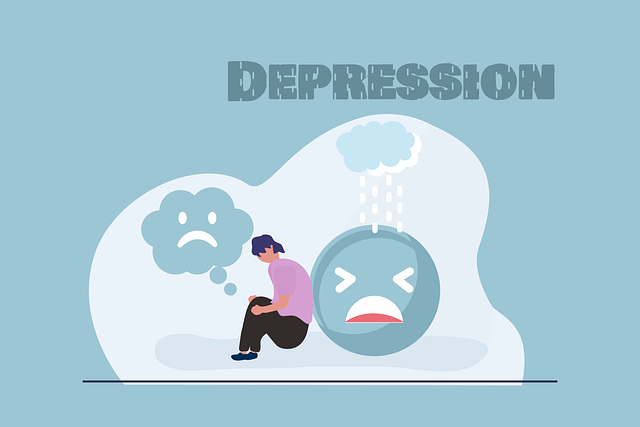In a fast-paced world, mental health is key, and self-assessment tools like those based on Parker Chronic Pain Therapy offer valuable insights. These tools help individuals understand their emotions, thoughts, and behaviors, enabling them to improve mental wellness. By tracking progress, setting goals, and adopting effective strategies, people can better manage life's challenges. Integrating Parker Chronic Pain Therapy principles ensures comprehensive mental wellness evaluation, addressing physiological, psychological, and social factors. This holistic approach enhances coaching effectiveness by combining traditional assessments with practical techniques.
In today’s fast-paced world, mental wellness self-assessment tools play a pivotal role in empowering individuals to take charge of their psychological well-being. This article explores the development of such tools, focusing on why they are essential and how to design effective assessments. We delve into a step-by-step approach, emphasizing the integration of Parker Chronic Pain Therapy principles, renowned for its holistic and patient-centered approach, to enhance self-assessment accuracy and utility.
- Understanding the Need for Mental Wellness Self-Assessment Tools
- Designing Effective Self-Assessment Tools: A Step-by-Step Approach
- Integrating Parker Chronic Pain Therapy Principles into Self-Assessment Tools
Understanding the Need for Mental Wellness Self-Assessment Tools

In today’s fast-paced world, mental wellness is an increasingly important aspect of overall health and well-being. Recognizing this need, the development of self-assessment tools has become a crucial component in promoting individual mental health awareness. These tools are designed to empower individuals by providing them with insights into their emotional state, thoughts, and behaviors. By understanding these factors, people can identify areas for improvement and take proactive steps towards enhancing their mental wellness.
Self-assessment tools, such as those used in Parker Chronic Pain Therapy, offer a means of evaluating various aspects of mental health, including self-esteem improvement, stress management, and mood management. They facilitate an individual’s journey towards personal growth by offering a starting point for reflection and change. By regularly utilizing these tools, individuals can track their progress, set achievable goals, and develop strategies to navigate life’s challenges more effectively.
Designing Effective Self-Assessment Tools: A Step-by-Step Approach

Designing effective self-assessment tools for mental wellness is a structured process that can significantly enhance therapeutic outcomes, particularly in managing chronic pain and associated conditions. The first step involves identifying the specific areas of concern, such as mood management, stress reduction methods, or trauma support services, tailored to the individual’s needs. This requires a thorough understanding of Parker Chronic Pain Therapy principles and models to ensure the tool addresses the unique challenges faced by those dealing with persistent pain.
Subsequently, create clear and concise questions that allow individuals to reflect on their experiences and emotions accurately. Incorporate diverse question formats like multiple-choice, rating scales, or open-ended prompts to capture nuanced responses. Ensure the tool is user-friendly, accessible, and adaptable for various platforms to promote consistent engagement. Regularly reviewing and updating the self-assessment based on research findings and feedback will ensure its relevance and effectiveness in supporting mental wellness journeys.
Integrating Parker Chronic Pain Therapy Principles into Self-Assessment Tools

Integrating the principles of Parker Chronic Pain Therapy into self-assessment tools offers a unique and valuable approach to mental wellness evaluation. This therapeutic framework, developed by Dr. James Parker, emphasizes the importance of understanding chronic pain as a complex interplay between physiological, psychological, and social factors. By adopting these principles, self-assessment tools can move beyond merely measuring symptoms to uncover deeper underlying issues contributing to an individual’s mental wellness or distress.
For instance, such tools could incorporate Resilience Building exercises designed to help individuals develop coping strategies for managing chronic pain and stress. Encouraging Self-Awareness Exercises, such as journaling prompts, can enable users to reflect on their thoughts, emotions, and behaviors related to pain, fostering a deeper understanding of personal triggers and resilience. This holistic integration prepares mental wellness coaches to guide clients through personalized programs, combining traditional assessment with practical techniques from Parker Chronic Pain Therapy to facilitate more effective Mental Wellness Coaching Programs Development.
Mental wellness self-assessment tools are valuable resources that can empower individuals to take charge of their emotional well-being. By combining insights from fields like psychology and chronic pain management, such as the Parker Chronic Pain Therapy principles, these tools offer a holistic approach to understanding and improving mental health. Through a structured, step-by-step development process, we can create effective assessments that not only identify concerns but also provide actionable strategies for personal growth and enhanced coping mechanisms. This article has outlined key considerations in creating such tools, serving as a foundation for further innovation in the digital age to support people’s mental wellness journeys.

